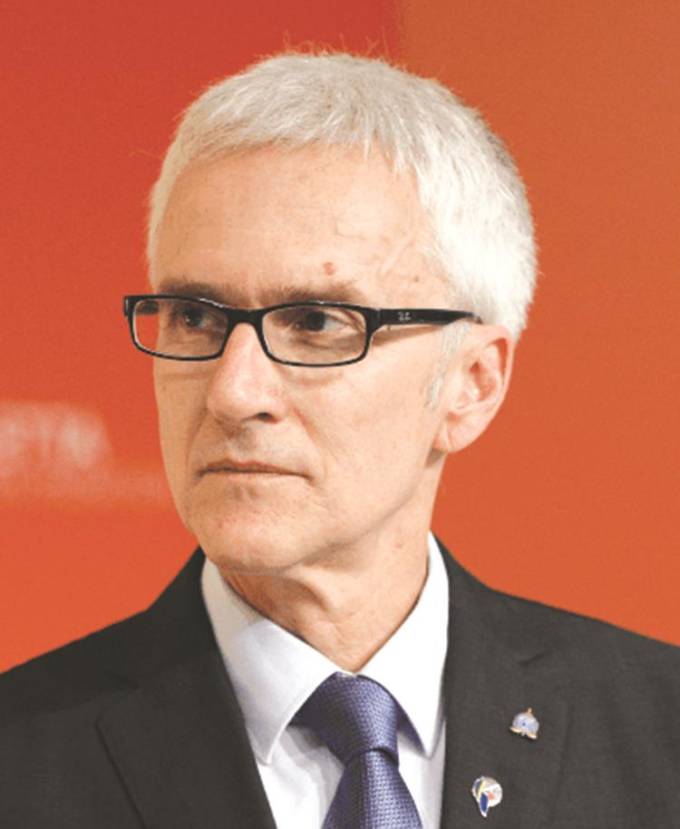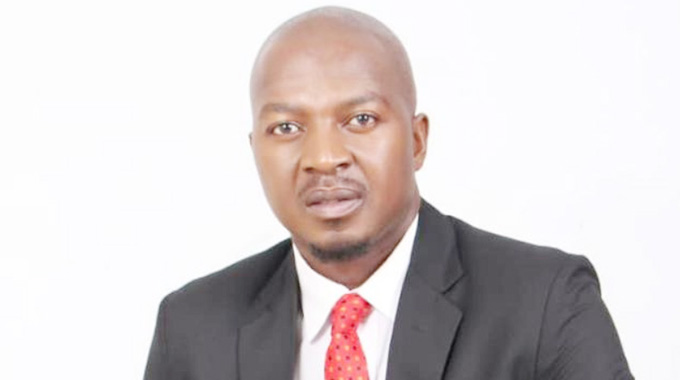EDITORIAL COMMENT: No one denied a degree by poverty

There has been a lot of criticism of the new fees being charged by Zimbabwean State universities and even some attempts to hijack debate on the topic for political purposes, but the position is that Zimbabwe’s university fees are the cheapest in the region and there is a loan facility available.
The two essential points that need to be accepted are first that the fees need to be adequate not just to attract and retain high-level staff but to maintain and improve the facilities and secondly that no potential student should be forced to miss a university education because of poverty.
Zimbabwe already pumps a lot of money into the State education sector, all the way from early learning classes right the way through to post-graduate university education. This absorbs more than 6 percent of gross national product and accounts for 17 percent of all State spending.
That is education in the public sector accounts for more than 6 percent of the total wealth produced each year in the country, and another good slice goes into the private sectors, so Zimbabweans are prepared to spend money on education. When it comes to the Government budget, that 17 percent of State spending means 17c out of every dollar paid in tax goes directly into the two education ministries, so no one can accuse the Government of starving education.
While these percentages are above the targets laid down by Unesco for countries wanting to push their education sectors forward, and Zimbabwe does better on both as President Mnangagwa noted in his intervention to the high-level summit on transforming education at the UN General Assembly.
Yet the amount we spend from taxes is not enough, and if we want good universities and high quality education more is required. At the university level the State sector has been expanded from one at independence to one in each province, although the specialisations of these universities make them all national, rather than provincial.
But even the oldest of them need more facilities, more equipment and more accommodation for students and the newest of them are often still borrowing buildings for essential services.
As President Mnangagwa noted over the weekend, the vice chancellors had argued that the previous fees were not really managing to just maintain the lowest level of service, and certainly could not cope with the growing demands on universities which were struggling, even with the Government pushing up its support significantly.
So fees had to rise. The levels are still below those in Zambia and Botswana, and under half of those in South Africa, countries that like Zimbabwe see a great deal of support for their State universities from their national budgets. So Zimbabwe’s fees cannot be described as unreasonable. If anything they are on the low side by regional standards.
We need to remember that not all degrees are equal. A degree is as good as the university that awards it, and the university is as good as those it brings in for research and teaching, the ratio of staff to students, and the facilities it offers both staff and students. Given efficient administration and zero waste, those requirements come down to money. The more there is the better the university.
The second factor is as important, that the income of the student’s family should not be a deciding factor as to whether the person can go to university. If they are accepted they should be able to go.
The Government reintroduced two years ago the loan scheme, where the loans are guaranteed by the Government. What startled President Mnangagwa was that “only” 10 000 students had applied for and been given such loans. He thought a lot more would have taken up the offer.
But this implies that there is no special rationing of loans. If more students need loans then more can be given. Of course the loans have to be repaid at some stage, but with Zimbabwe State university fees still on the low side in the region this is not a major burden on the future graduate. Compared to the United States, where university education can be very expensive, the total required for a Zimbabwean degree is an affordable fraction of the first few years of salary.
The President was also keen on more in the private sector sponsoring students, and he carefully made it clear that he had no problems with the sponsors bonding the students they supported.
He even encouraged companies to come in by noting that the Education 5.0 now dominating the system was producing graduates who would be useful to business even in their first year at work, and not requiring a total retraining before the degree certificate could be translated into the practical skills required.
In the past some students have been opposed to bonding. This is difficult to understand. In many disciplines a new graduate has to work for a couple of years in any case before they are considered even a junior full member of a profession.
Medical graduates have to work in a major hospital under the supervision of a full professional for two years. The Zimbabwe Institution of Engineers and the Zimbabwe Law Society require two years working under a fully qualified engineer or lawyer, and satisfactory work at that, before letting the new graduate become a full professional. Accountancy has similar requirements.
Some degree courses even require an internship during studies, for the student to gain the practical experience required to go with the theory. So given that a graduate needs to work for someone reputable after they graduate, it might as well be the sponsor who paid their fees as anyone else.
The better jobs, and the more senior posts, go to those who have both a degree and the experience and proven competence with that experience. You cannot just walk out of university and get the best jobs until you have proved you can do as well as you can learn and pass exams. You need both.
A decent employer does not really win or lose financially by sponsorship. What they spend, and then what they pay during the bonded years, should allow them to break even. Where they win is being able to fix manpower requirements in advance, nurturing their chosen ones through university, internships and the initial years of practical experience so that they have the professional staff later whom they know intimately and can trust.
Where the Second Republic is being sensible is admitting that students have to make a realistic contribution to their degree studies, although the Government grants to universities are hardly trivial, but has put in mechanisms so that students can be assisted through loans, and hopefully with more sponsorship.
The double ensures the degree is a good one, and the financial support ensures that no one is denied a degree because their family is not wealthy.








Comments